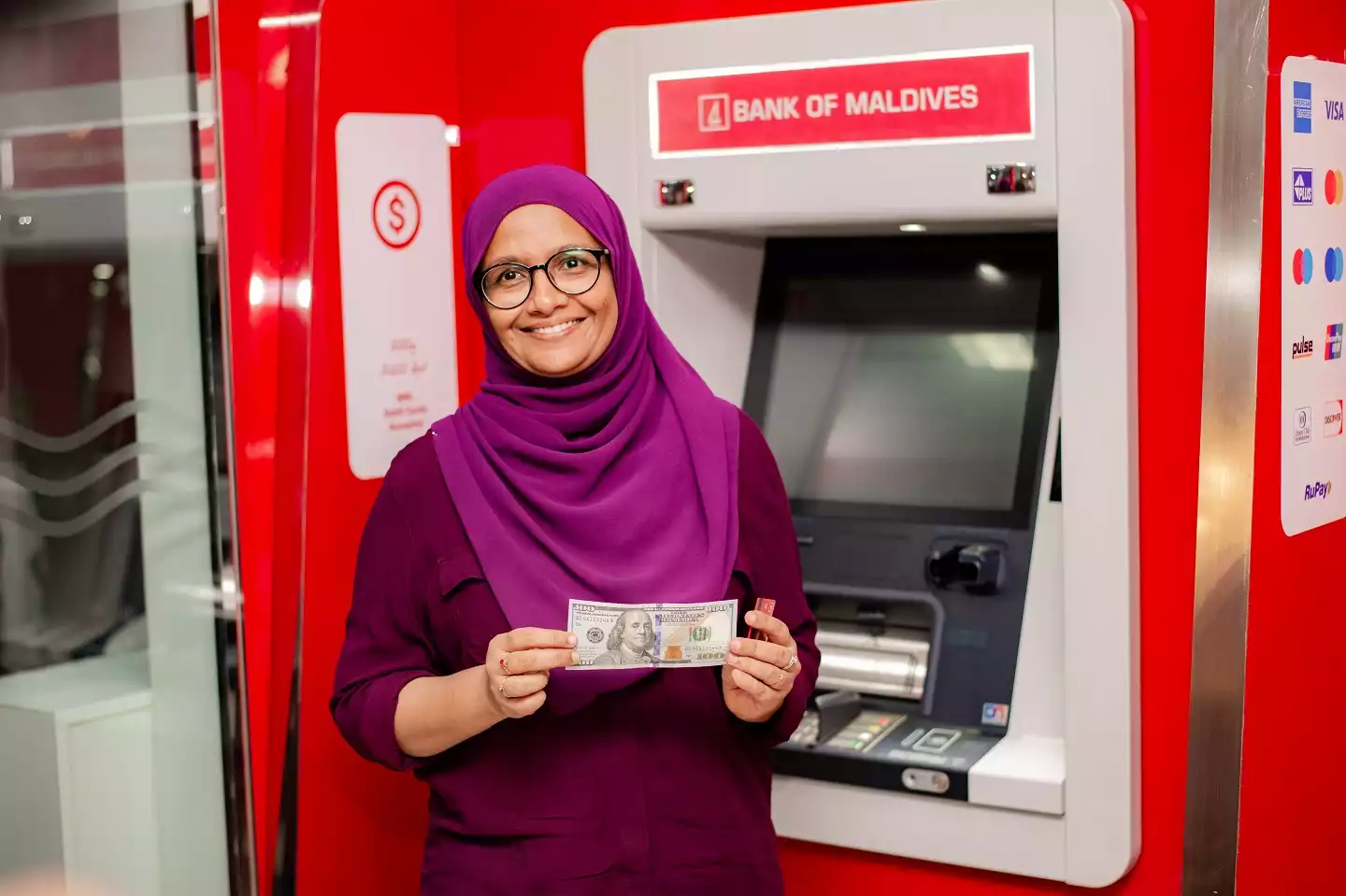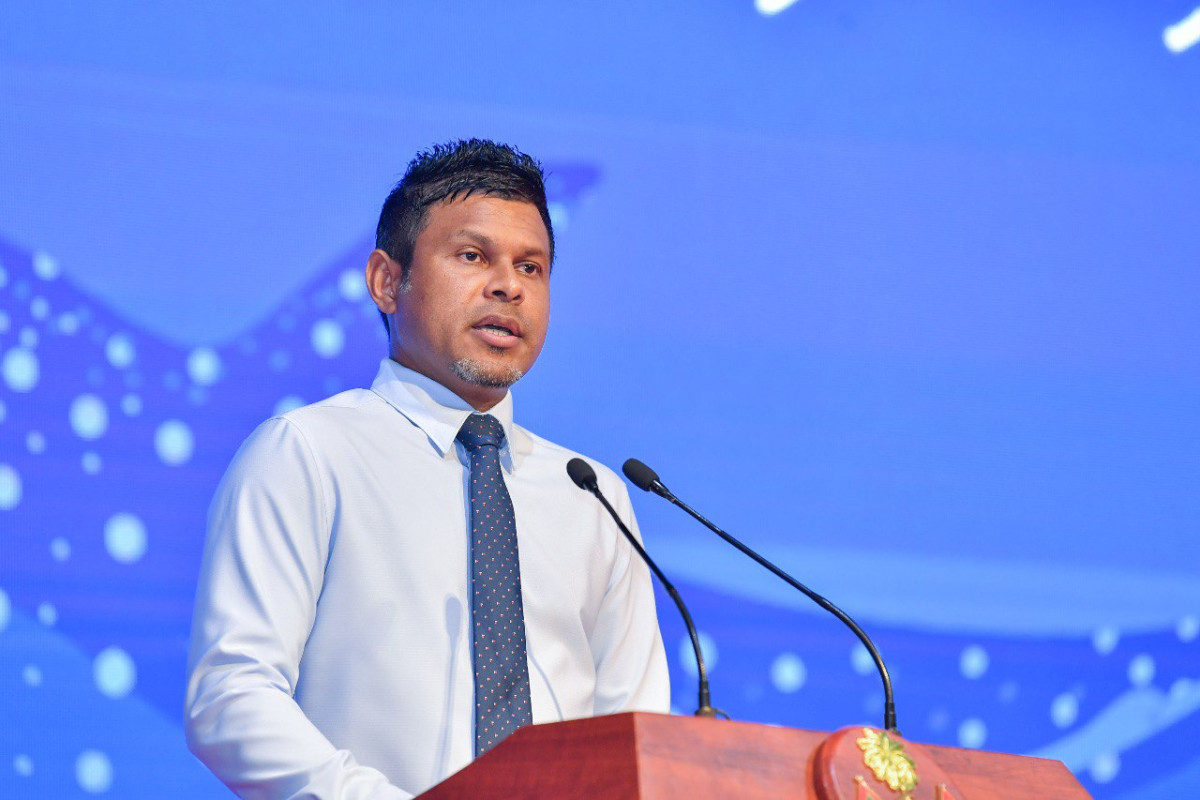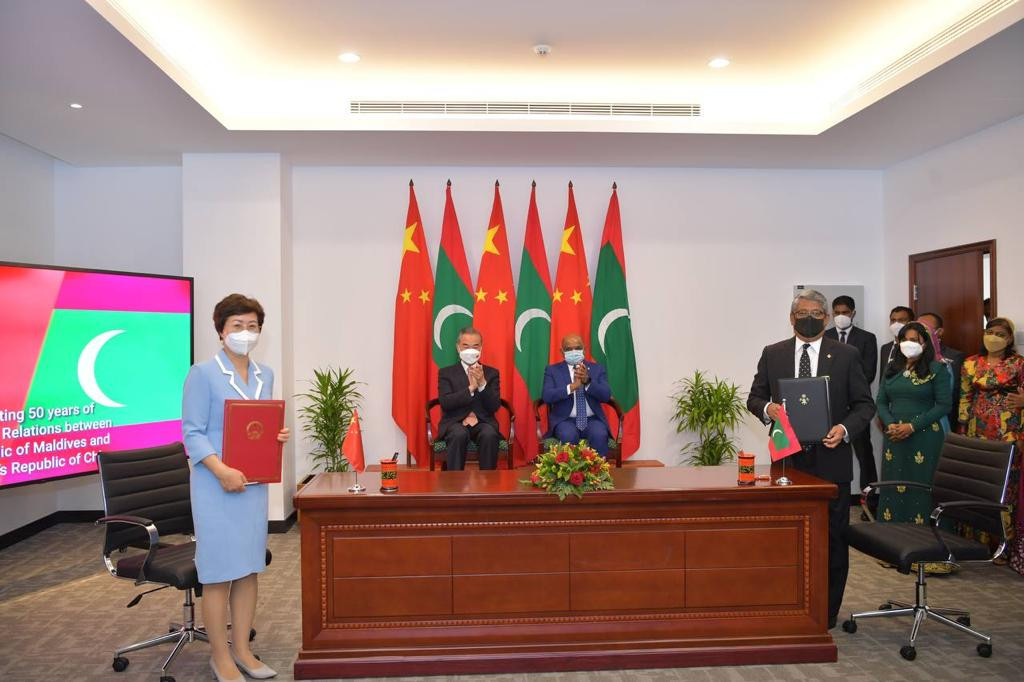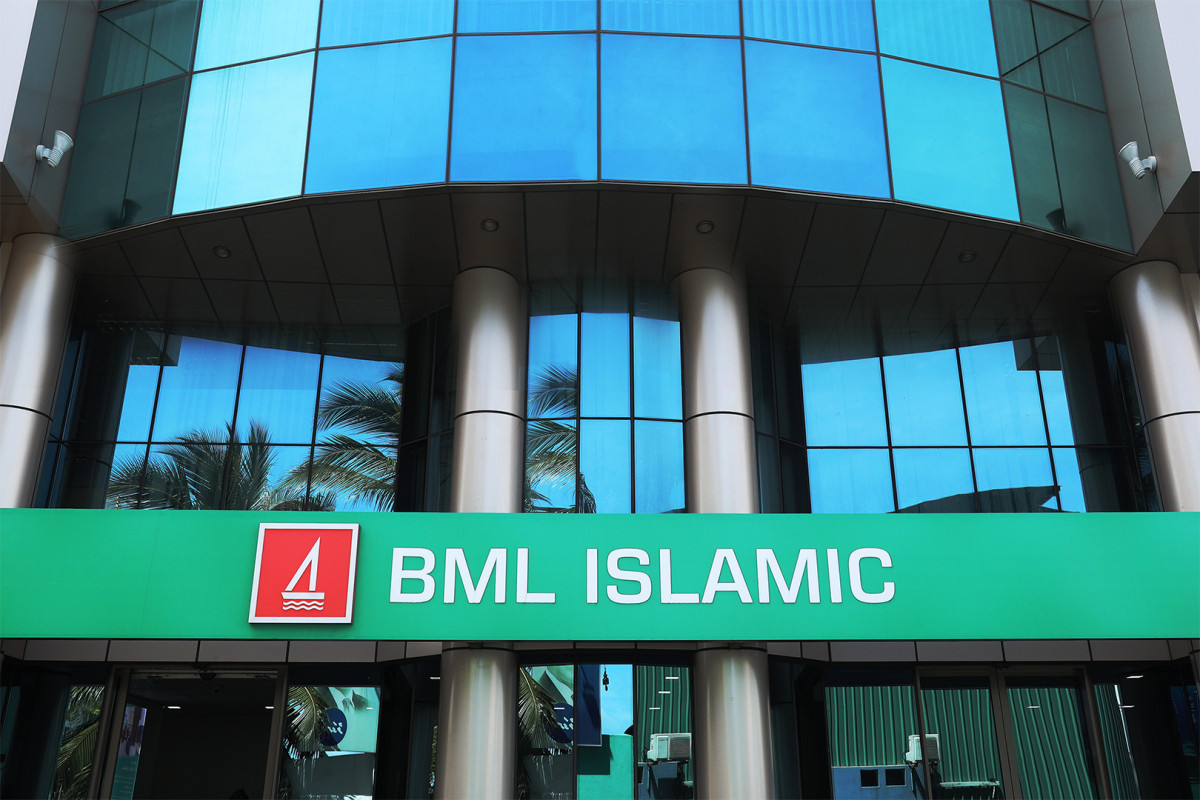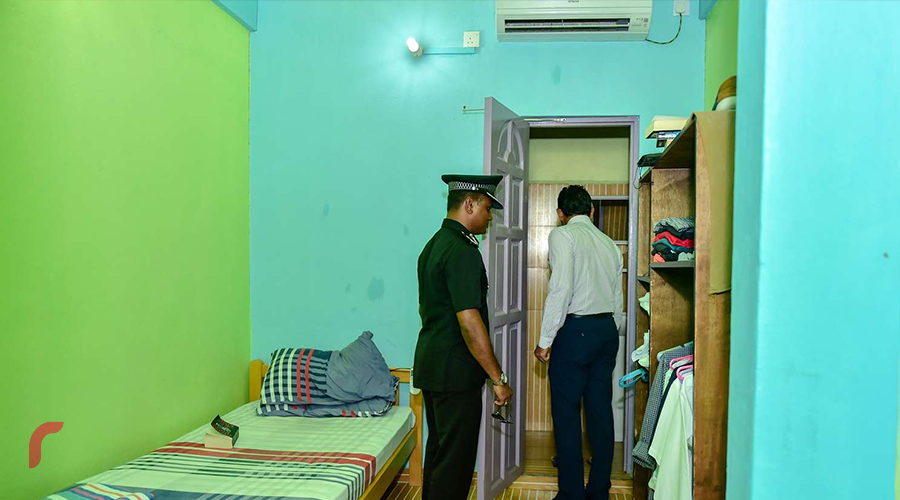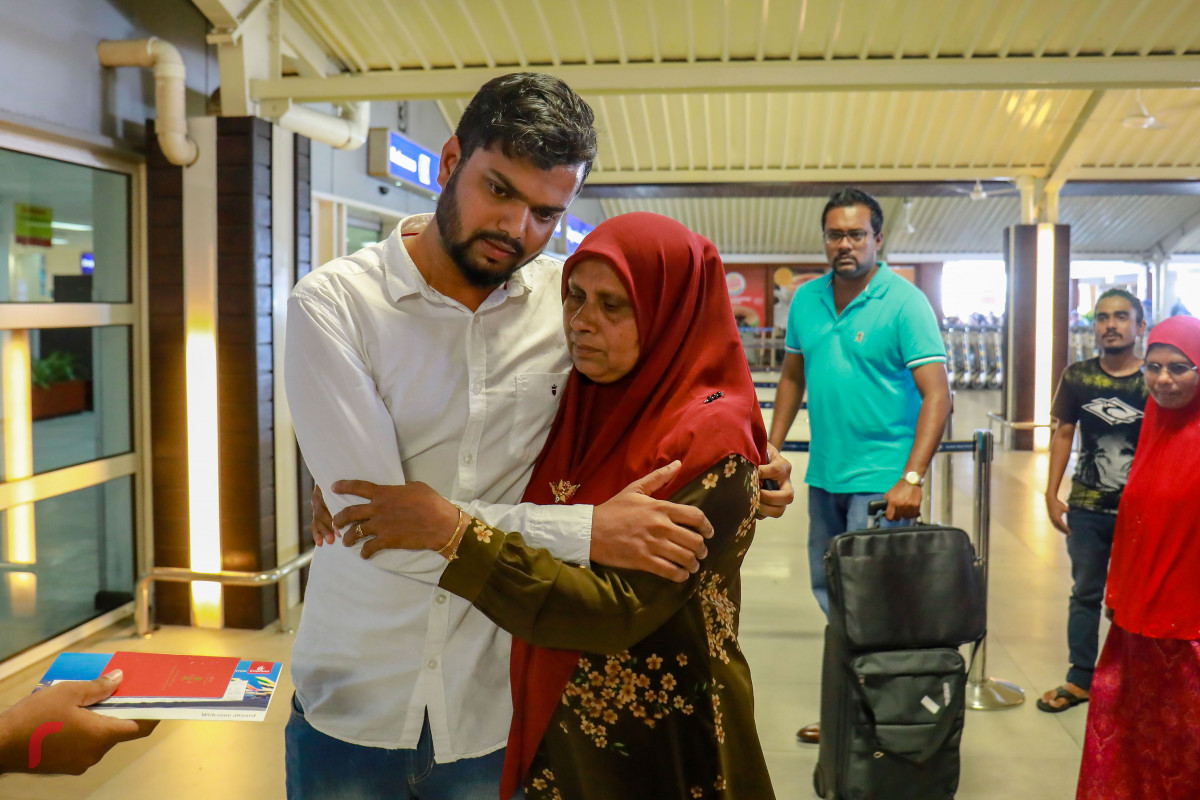Decentralization is the only effective governance-solution: President Solih
The importance of decentralizing healthcare is more evident than ever before post-Covid


President Solih addressing MDP supporters at the official launch of the Rahvehi Fathis campaign on Thursday evening
President Solih made the remarks while addressing MDP supporters at the launching of the main-ruling party's Rahvehi Fathis campaign ahead of the Local Council and Women's Development Commitee (EDC) elections slated to be held in April this year. President Solih remarked that the Maldives had developed in a way that was most suited to a decentralized system of governance, and that the Maldives had been populated by communities, generations ago on geographically distant islands after this fashion. He added that the only way to govern the people of the Maldives in a way that was in line with the nation's oldest, most intrinsic traits was through a system of local governance.
Recalling how some had protested against a form of governance that empowered outlying atolls and islanders, President Solih identified this as a form of governance that aimed to exert undue power and influence upon the citizens of the country. He went on to note that the local governance system would pave way for governance that would include contributions from citizens.
President Solih went on to highlight the importance of educating and increasing awareness on the principles of local governance in order to fruitfully implement such a system across the islands of the Maldives. He added that local councils would be the engine that worked to keep the system running, and said that there were key areas of development such as education, human resources, transport and utilities, healthcare and economic activity, which needed to be decentralized in order to realize the vision of local governance across Maldives.
Alluding to the present difficulties due to Covid-19, President Solih said that it was now apparent, more than ever before, the importance of decentralizing the government, with special emphasis on the health sector.
President Solih detailed that MIFCO and AgroNat were making critical strides in developing the fisheries and agriculture sectors across the islands of the Maldives in a decentralized manner. He also highlighted that special loans had contributed significantly to energizing small and middle-income enterprises across the Maldives, which were essentially the lifelines of the nation's economy.
In addition to this, President Solih declared that local councils would have the authority to utilize resources such as islands, land, and tourism infrastructure in order to reshape and decentralize them. He noted that with the development of domestic and international airports, and the launching of the speed ferry service, decentralization would be boosted even further across sectors within the island nation.
During his speech, President Solih highlighted that with the changes brought to existing legislations, the local councils elected in April's vote would be fully-fledged vessels of the government working towards decentralization, in line with the initial concept to establish effective local governance across the Maldives. He also emphasized that more women would be part of the local governance system at a leadership level following April’s election than ever before, as the law had been adjusted in order to accommodate that critical change.
President Solih also noted that while the powers afforded to local councils had been expanded, there were clear boundaries which described the jurisdiction of each council. He said that this will increase the number of asses available for councils to utilize, in addition to empowering them financially as well.
The Local Council and WDC elections are slated to be held on 10 April of this year, just before the holy month of Ramazan. MDP have already secured 21 out of 980 seats in the Local Council Elections by default.
